The bigger picture: leveraging IMF engagement for lasting economic reform
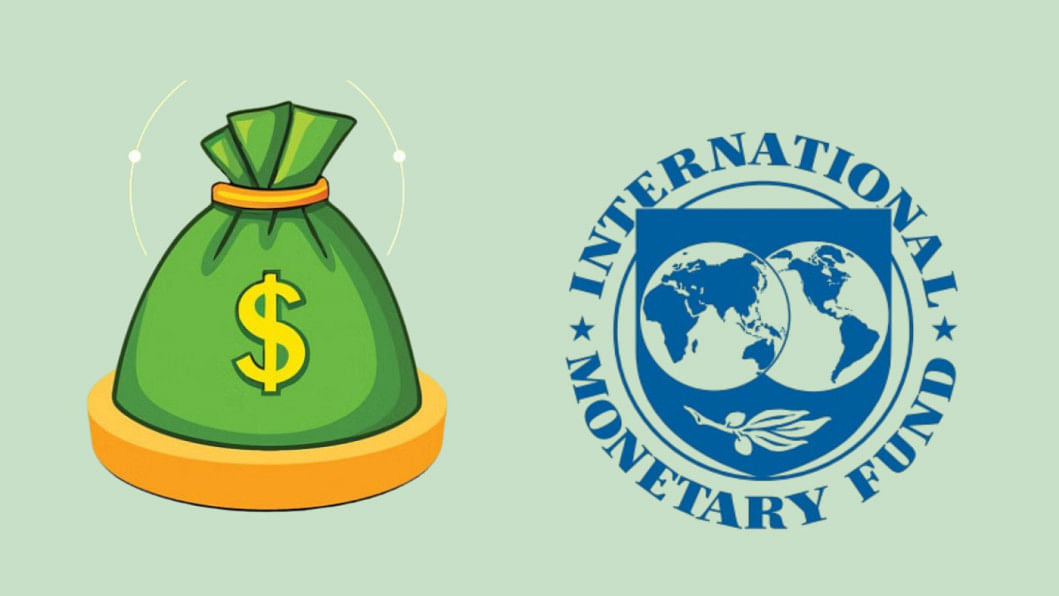
There has been growing speculation in recent weeks that Bangladesh may consider pulling out of the existing IMF loan programme due to concerns over tough conditions and their potential impact on the economy.
However, such a move would be short-sighted and ultimately detrimental to the country's long-term economic interests.
It is worth looking beyond the immediate economic cost of the loan and appreciating the strategic advantage the IMF programme represents in enabling decisive structural reforms in areas that have long been deferred—banking, taxation, public expenditure, and exchange rate management.
It is true that the size of the IMF loan—$4.7 billion, spread over several instalments—is not a transformative sum for Bangladesh's economy.
But to reduce the IMF programme to purely financial transactions is to miss the bigger picture.
The real value of IMF engagement lies in the policy discipline it enforces and the opportunity it offers for reform.
Over the decades, Bangladesh has struggled to implement necessary reforms due to weak internal demand for change and entrenched institutional resistance.
It is under these conditions that external pressure, particularly from institutions like the IMF and World Bank, has had a critical impact in the past.
By tying disbursements to specific policy actions, the IMF can create opportunities for governments to overcome domestic resistance and implement measures that are otherwise politically difficult.
However, if there is no domestic ownership of the IMF conditions and governments do not engage effectively with the IMF to shape the reform agenda, many of these conditionalities may appear externally imposed and therefore lose domestic support.
Consequently, there are both success and failure stories of IMF loan programmes across developing countries.
In Bangladesh, exiting the IMF programme now would risk a relapse into a 'comfort zone' among policymakers—a zone in which hard but necessary decisions are continually postponed.
This would echo the defensive policymaking style of the previous regime, which often avoided reform to preserve short-term stability, only to face more painful problems later.
The delays in IMF loan tranches are not due to arbitrary demands but stem from genuine concerns: sluggish revenue collection, a non-market exchange rate, insufficient subsidy rationalisation, and lack of progress in banking sector reform.
These are not new issues—they have been discussed and deferred for years.
Rather than pulling out, Bangladesh should intensify its dialogue with the IMF to identify reform trajectories that are both realistic and politically feasible.
Reform is not a one-size-fits-all process; there is room for sequencing and negotiation.
Through active engagement, Bangladesh can shape the reform agenda, align it with its development goals, and incorporate social protection measures to shield the poor.
Finally, opting out of the IMF loan programme would be a step backwards that undermines the credibility of the country's economic governance.
It is not the conditionalities but the absence of reform momentum that distorts the economy.
Bangladesh must stay committed—not for the money itself, but for the opportunity to build a better, more open, and sustainable economic future.
The writer is a professor of economics at the University of Dhaka.

 For all latest news, follow The Daily Star's Google News channel.
For all latest news, follow The Daily Star's Google News channel. 

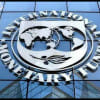
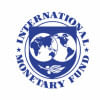

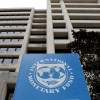
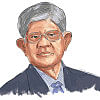


Comments